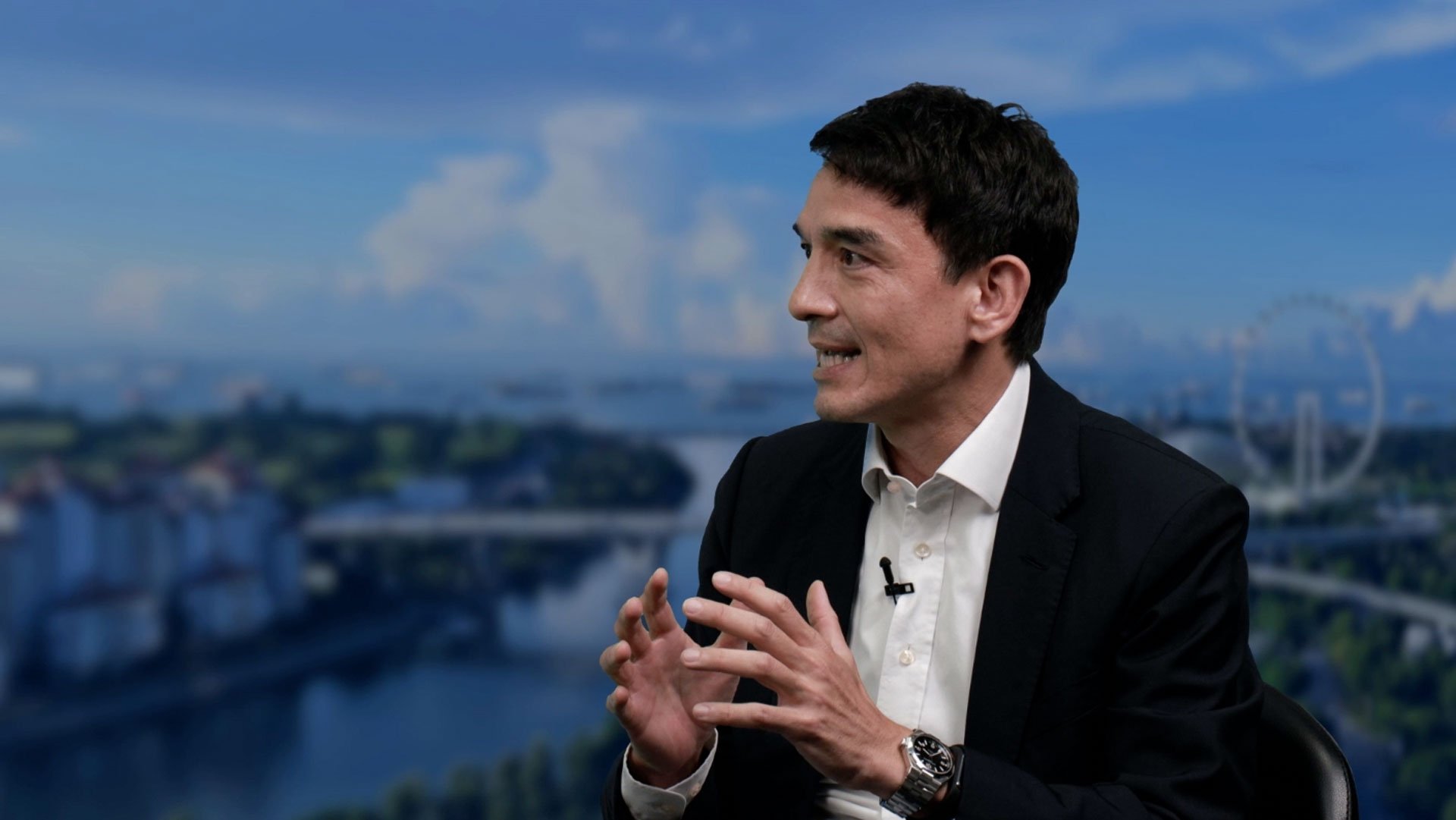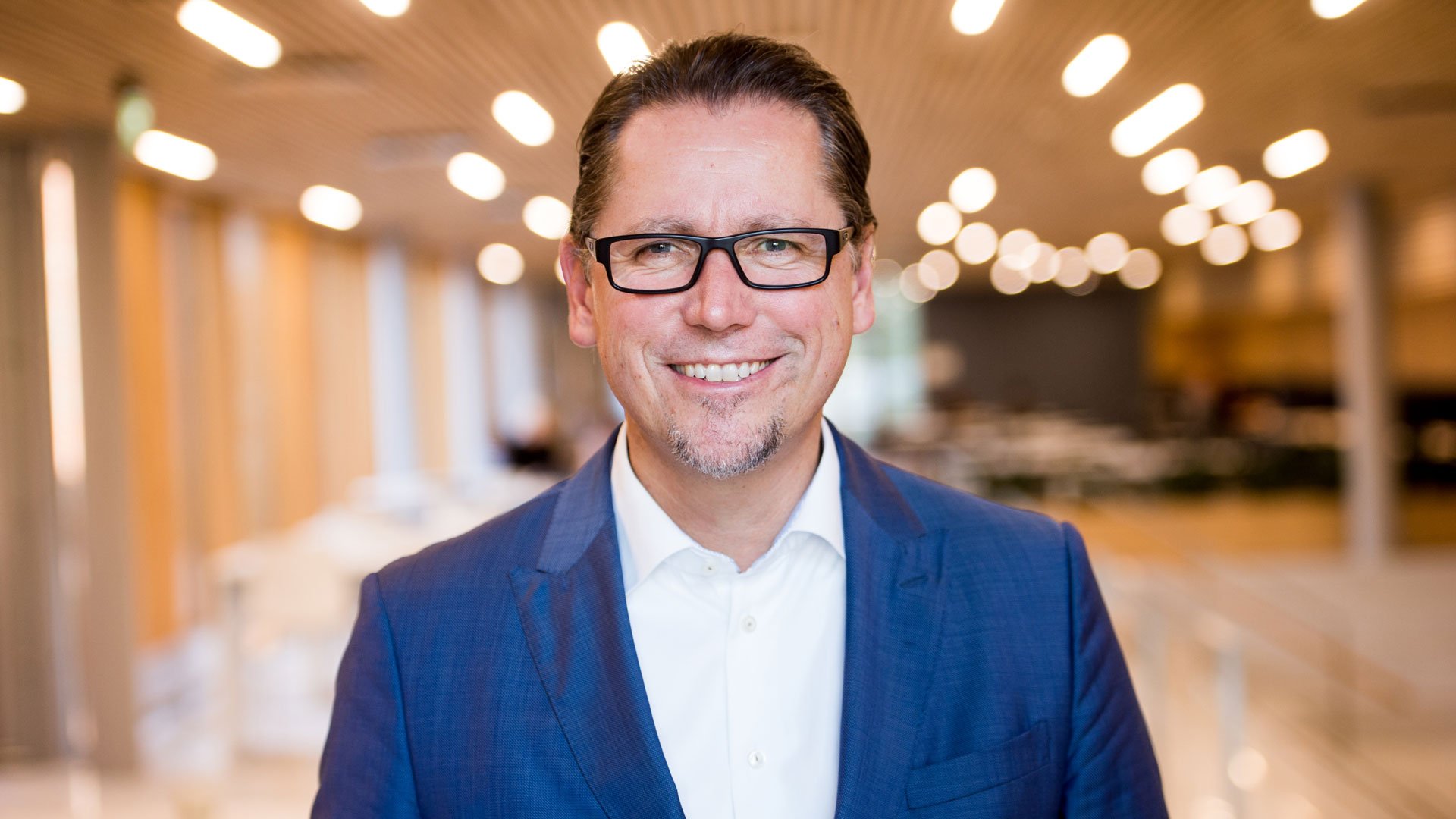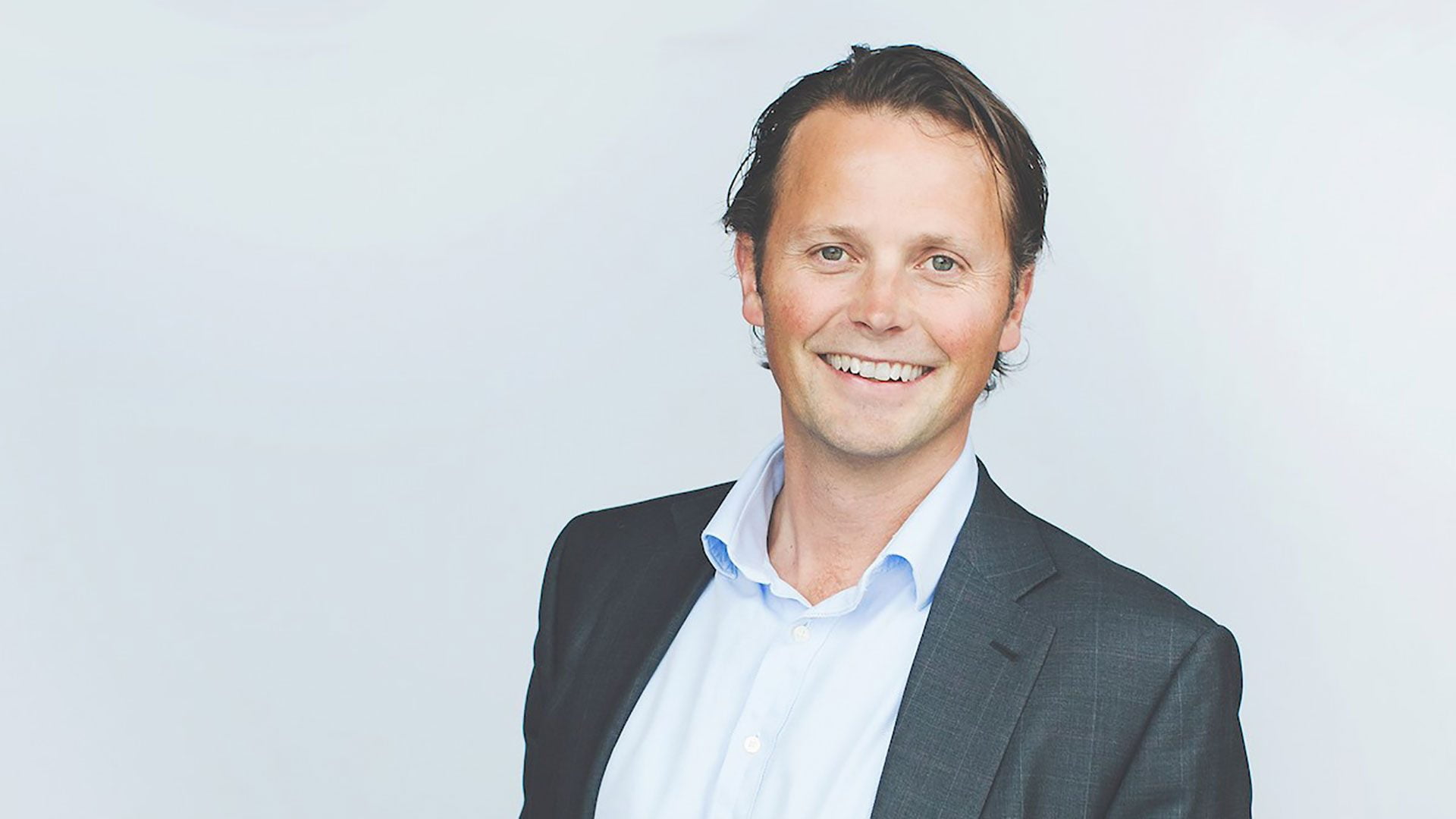The International Advisory Panel on maritime decarbonization (IAP) was founded by the the Singapore Maritime Foundation (SMF) the Singapore Maritime and Port Authority (MPA) in July 2020. Co-chaired by Mr Andreas Sohmen-Pao and Mr Wong Wen Sun, the panel consisted of 30 experts from the field, representing shipping companies, port operators, academia, finance players, and more.
The IAP was committed to determine ways the Singapore maritime cluster could support the green transition in the industry. This included shaping greenhouse measures, setting technical standards, piloting innovation and connect stakeholders to share knowledge and implement action.
Nine pathways to decarbonization
The panel released a report in conjunction with Singapore Maritime Week in March, identifying four strategic objectives and nine pathways to decarbonize the maritime industry. It put particular emphasis on taking action, finding commercially viable solutions, and collaborate across sectors. It also suggested concrete projects to embark on, including setting up the new decarbonization center in Singapore.

Mr Andreas Sohmen-Pao participated in the panel Asian #ACTION as part of Ocean Now 2021 together with Quah Ley Hoon, CEO of the MPA. Both actors agreed that the nine pathways to decarbonization is a big step in the right direction for the industry, emphasizing that all nine pathways are equally important and must be implemented together.
Taking action now
While initiatives like the decarbonization center is important for lasting progress, other solutions may be implemented today. During the panel, Mr Sohmen-Pao pointed out just-in-time arrivals as an interesting low-hanging fruit. It is widely accepted that slowing ships down reduces emissions, but one does not have to sacrifice efficiency because it can all be part of a schedule, he explains.
Partnership across regions and industries
Singapore and Norway are ocean partners, pushing boundaries by leveraging knowledge and technology on firm and government levels. One prime example is the long-standing collaboration between DNV and the MPA to forefront maritime innovation. Since 2014, the two partners have worked on a number of initiatives, including the new Singapore decarbonization center.

At Asian #ACTION, DNV CEO Mr Remi Eriksen emphasized the importance of collaboration – not just within the maritime sector, but also across sectors. We are currently faced with a number of deadlock points that are so complex that we cannot afford seeing each other as competitors, he stated.
“Encourage the hundred flowers”
Collaboration was a key word amongst all four panelists, who placed shipping in the larger energy transition. According to Mr Sohmen-Pao, this is an opportunity to contribute. For example, if the maritime industry find new fuels that may power buildings and industry, it is not only solving the 2% shipping problem – it is also solving others.

However, Mr Sohmen-Pao and Thomas Wilhelmsen, Group CEO of Wilhelmsen, both added that we should not overplay collaboration. Collaboration is not a goal in itself, but rather a means to an end. However, the best solutions often come from a process of competition among firms. “We must encouraging the hundred flowers when it can get us closer to the goal” added Mr Sohmen-Pao.
“Aspirations can take us away from action”
The four panelists agreed that aspirations are useful tools. However, Mr Sohmen-Pao raised the concern that aspirations can sometimes become words that we hide behind. We spend so much time hammering down aspiration statements, that we sometimes forget that it’s the actions that matter, he added. Aspirations are therefore only useful insofar as they are realistic.
Mr Wilhelmsen added that we must not forget that most industry players want to reach the IMO goals. Shipping companies are not developing new technologies because they have to, but rather because they want to reduce emissions. Moreover, he added, we are at a point where it is extremely hard to attract capital and talent unless you are on a positive pathway.
Decade of action
The four panelists optimistically concluded that the momentum on digitalization and decarbonization is picking up – and will be exponential. Ms Quah added that she has seen a significant shift in the industry over the past few years, even in the midst of a global pandemic. Ultimately, we are likely to look back at the 2020s as the decade of action in the maritime industry.
The event Asian #ACTION – Partnering with Singapore to reach decarbonization goals was hosted by the Norwegian Business Association in Singapore, in partnership with Innovation Norway, the Norwegian Embassy in Singapore and the Singapore Norway Chamber of Commerce.
For more related content, sign up to the Norwegian Business Association in Singapore newsletter here and the Singapore Norway Innovation Conference 202 here.

